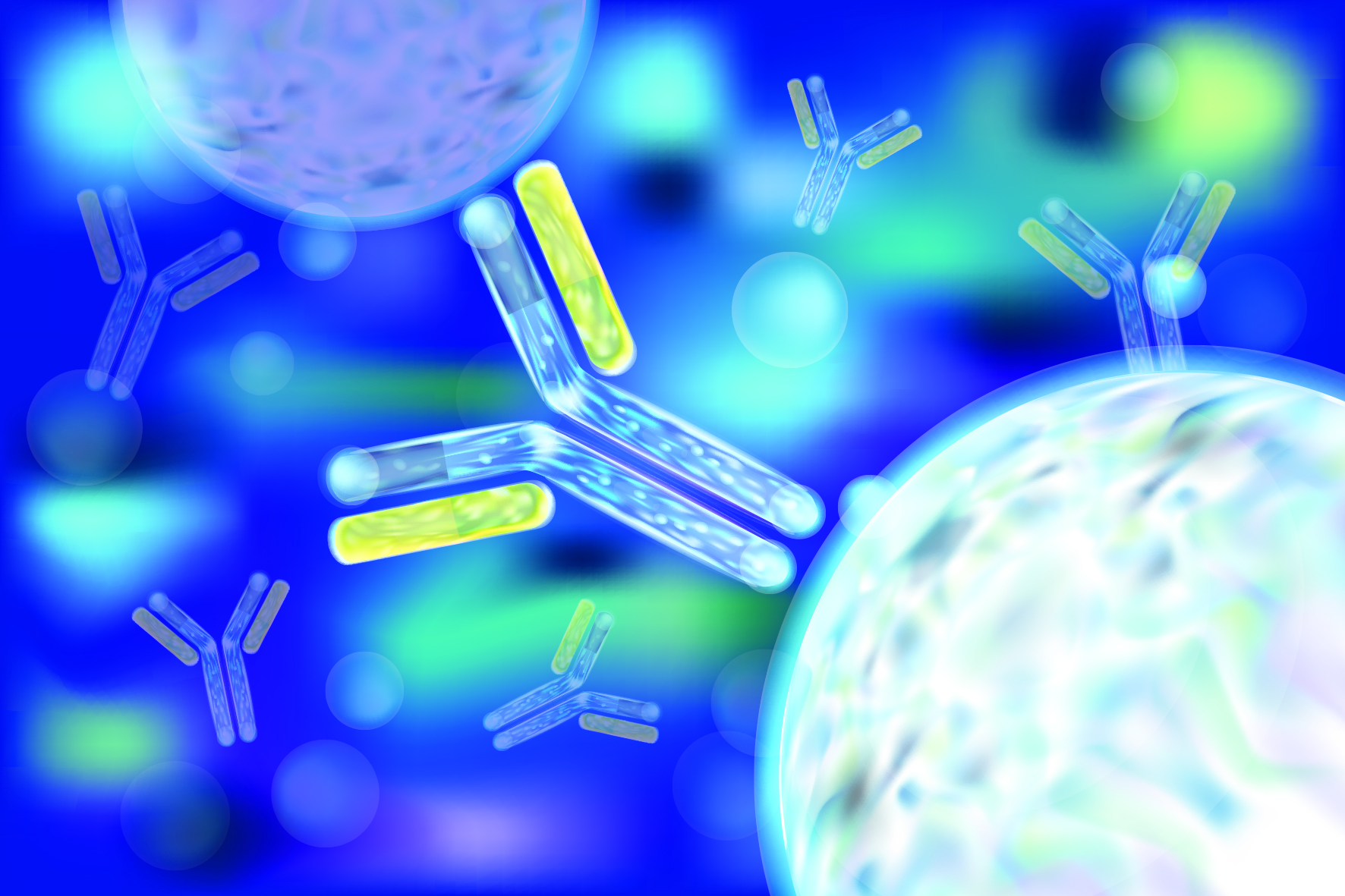
Introduction to Immunology and Serology
The immunology and serology department is the area where antigens and antibodies are identified and quantified to determine if an infectious disease, autoimmune disorder, or other immunologic disease is present. This department works closely with the transfusion services, chemistry, microbiology, and molecular diagnostics departments.
The immunology and serology department receives serum specimens in red-top, gold-top, and speckle-top tubes.
Immunology and serology tests measure the interactions between antigens and antibodies. Antigens are present on pathogens and red blood cells as specific indicators of their identities. Antibodies are produced by a type of white blood cell known as a plasma cell to identify and attack specific antigens that the immune system detects as foreign. The antibody attaches to the antigen on the pathogen or red blood cell. The antigen-antibody complex activates cellular elements that help to destroy and deactivate foreign pathogens.
Some of the more common infectious diseases that are detected by immunology and serology testing include hepatitis, HIV, influenza, infectious mononucleosis, syphilis, and other viruses.
Examples of common autoimmune disorders that are detected and monitored in the immunology and serology department include rheumatoid arthritis, systemic lupus erythematosus (SLE), multiple sclerosis (MS), celiac disease, and Crohn’s disease.
Immunology is the study of the body’s immune system and its functions and disorders. Serology is the study of blood serum (the clear fluid that separates when blood clots).
Immunology and serology laboratories focus on the following:
- Identifying antibodies. These are proteins made by a type of white blood cell in response to a foreign substance (antigen) in the body.
- Investigating problems with the immune system. These include when the body’s immune system attacks its own tissues (autoimmune diseases) and when a body’s immune system is underactive (immunodeficiency disorders).
- Determining organ, tissue, and fluid compatibility for transplantation
| Test | Uses |
|---|---|
| Immunoglobulins | These are proteins in the body that have antibody activity. Excessive amounts of these proteins may be caused by a variety of conditions including infection, autoimmune disorders, cancers, and chronic diseases. A lack of these proteins may be caused by many conditions including cancers, medicines, and chronic diseases |
| Rheumatoid factor | Used to help classify arthritis and diagnose rheumatoid arthritis. Other tests are often used as well to classify and determine types of arthritis. |
| HLA (human leukocyte antigens) typing | Tested to determine compatibility in organ, tissue, and bone marrow transplantation. Also tested to determine paternity, and to diagnose HLA-related disorders such as certain autoimmune conditions. |
